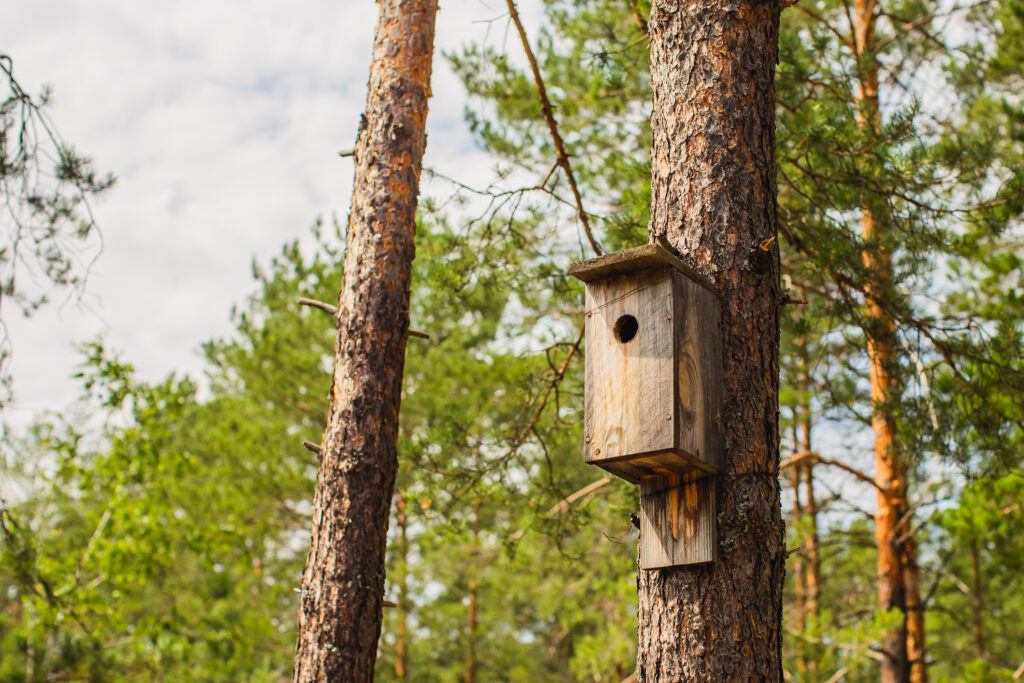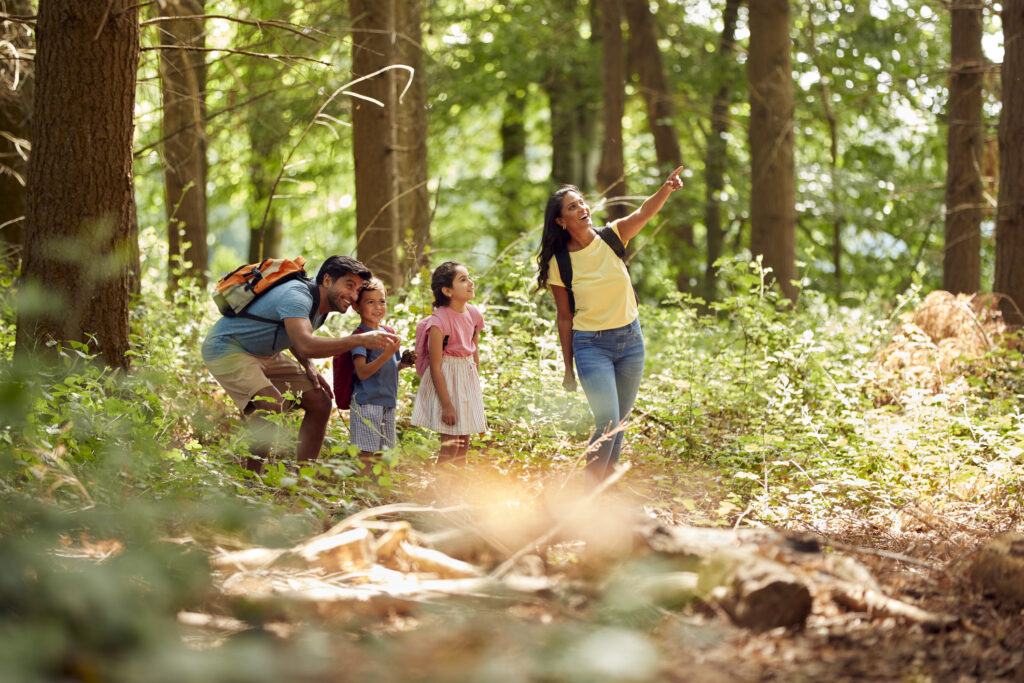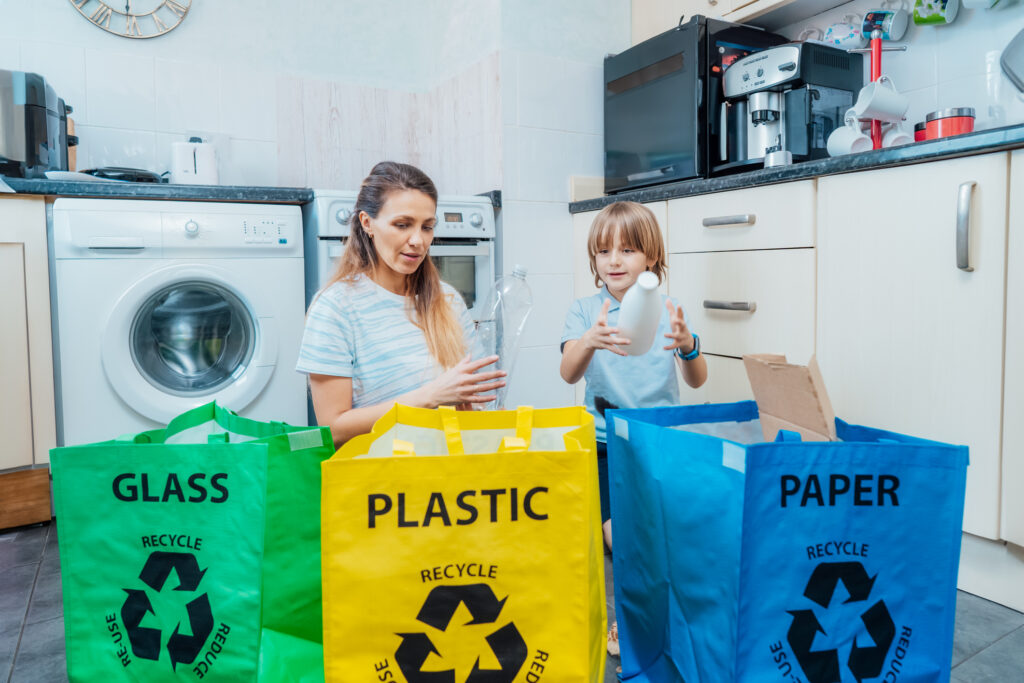As the days grow longer and sunnier, there’s no better time to get outside and enjoy the great outdoors, especially when you can help protect wildlife while you’re there.
There are amazing things families can enjoy doing together to support wildlife conservation. Whether you’re on the beach, in the garden, or out exploring a nature trail, small actions can make a huge difference.
Let’s dive into some fun, hands-on family outdoor activities that are not only great for bonding but also for giving back to the planet!
Why is conservation important?
Conservation is all about looking after our natural world, protecting the habitats and the species that call it home, both on land and under the sea. From the tiniest bug in your back garden to sharks swimming in our oceans, every creature plays a part in keeping ecosystems healthy and balanced.
And here’s the best part: you don’t have to be a scientist or a marine biologist to make a difference. There are simple and fun things anyone can do in their local area that have a real impact.
If you’re ready to roll up your sleeves, let’s jump in!
5 outdoor family activities to help protect wildlife and the environment
Get creative and build habitats for wildlife
Ever tried a bug habitat DIY project? It’s a brilliant way to get crafty and care for your local insects at the same time. Gather natural materials like sticks, leaves, pinecones, and rocks, or even recyclable bits from around the house, and design a cosy home for creepy crawlies, birds, or garden critters.

You can build:
- A bug hotel using old wooden pallets and bamboo sticks
- A birdhouse with scrap wood and a sprinkle of bird seed
- A mini rockpool or frog corner with stones and water features (supervised, of course)
Place them in a quiet corner of your garden and keep an eye out because before you know it, you’ll have some friends calling your back garden home.
Go for an educational nature walk
A walk in the park can be more than just a stroll, it can be a mini wildlife safari! Head to a local nature trail, woodland, or even just your local green space, and turn your walk into an adventure.

Encourage the kids to spot and identify birds, bugs, flowers, and trees. Some trails even have educational signs or QR codes with fun facts so you can stop and learn something new together. Bring a notebook or use your phone to snap pictures and research the animals you don’t recognise once you get home.
The more we know about the animals around us, the easier it becomes to protect their environments. If you’d like to go on a nature walk with the added benefit of our team of experts on hand to answer any questions, book tickets to Blue Planet Aquarium.
Family fun in the garden
You don’t need to travel far to support nature, your own garden is the perfect starting point. Planting flowers, shrubs, or even a small tree can provide vital food and shelter for insects and birds.
Pollinator-friendly plants like lavender, sunflowers, and foxgloves are adored by bees and butterflies. If you have limited space, window boxes or vertical planters can still pack a punch. Plus, gardening teaches kids patience and responsibility, as a bonus.
Complete a beach clean
Heading to the coast during half-term? Make your seaside visit count with a mini beach clean. All you need are some gloves, a rubbish bag, and a keen eye.
Walk along the shoreline as a family and collect any litter you find, plastic bottles, fishing line, or snack wrappers can all be harmful to marine life like turtles and seabirds. Just remember to dispose of everything responsibly afterwards.
This doesn’t have to take up your whole day but dedicating an hour or so can help to preserve the beach’s natural beauty.
Recycle and reuse plastics
Plastics are one of the biggest threats to wildlife, especially in our oceans. Birds, fish, and other marine creatures often mistake plastic for food, leading to serious harm. But by recycling properly and finding creative ways to reuse plastics, we can help reduce the plastic being dumped into our oceans.

Get the whole family involved by sorting the recycling together, making art projects out of used bottles or containers, or setting up a home recycling station where each piece of recycling is worth a point and crown a winner at the end of each month.
Although conservation is a big word, it doesn’t have to be complicated. There are so many simple ways that normal people can help wider conservation efforts. From bug DIY projects to beach cleans and everything in between, there are plenty of ways to get involved as a family and protect the world we love.
